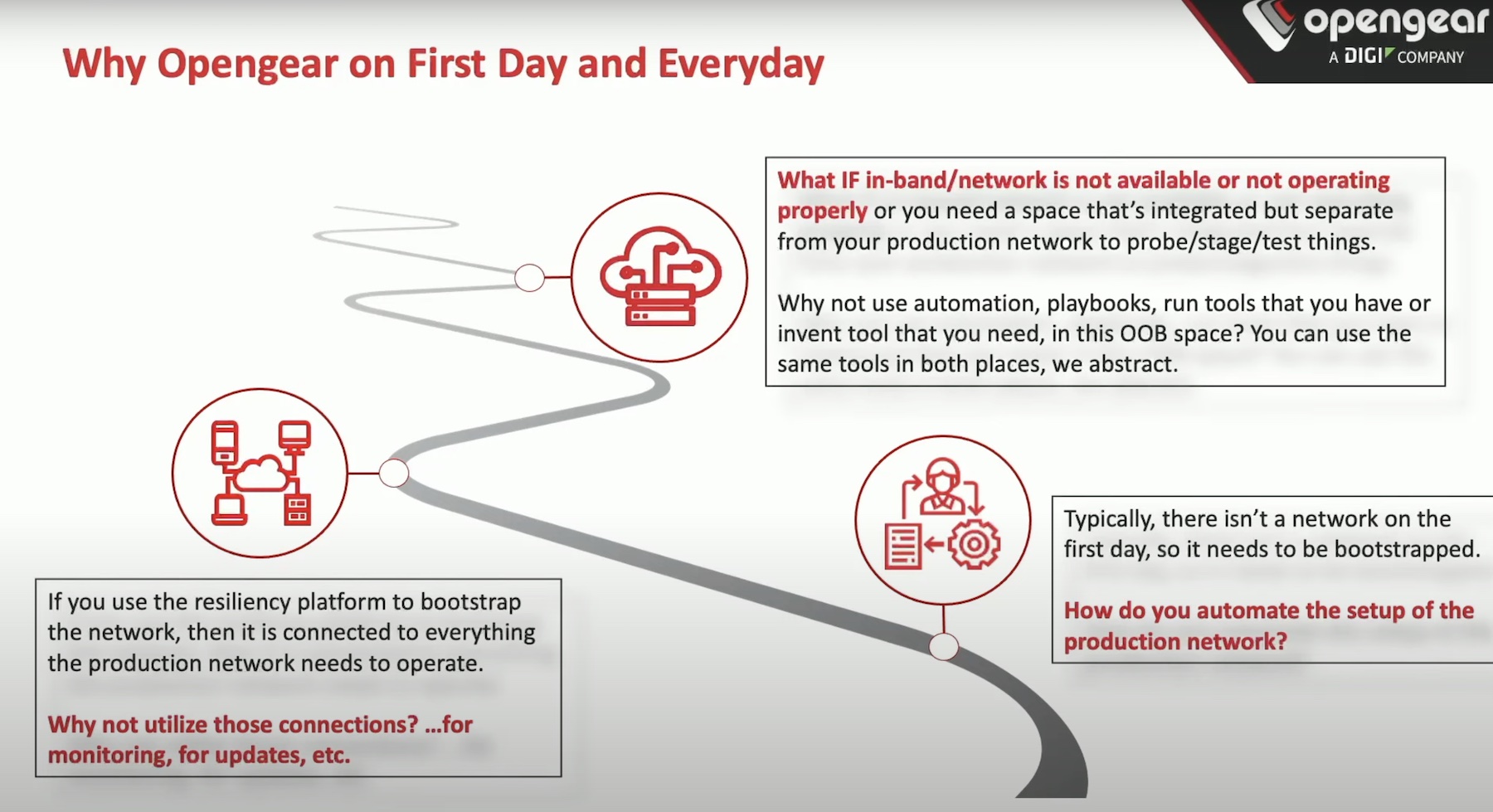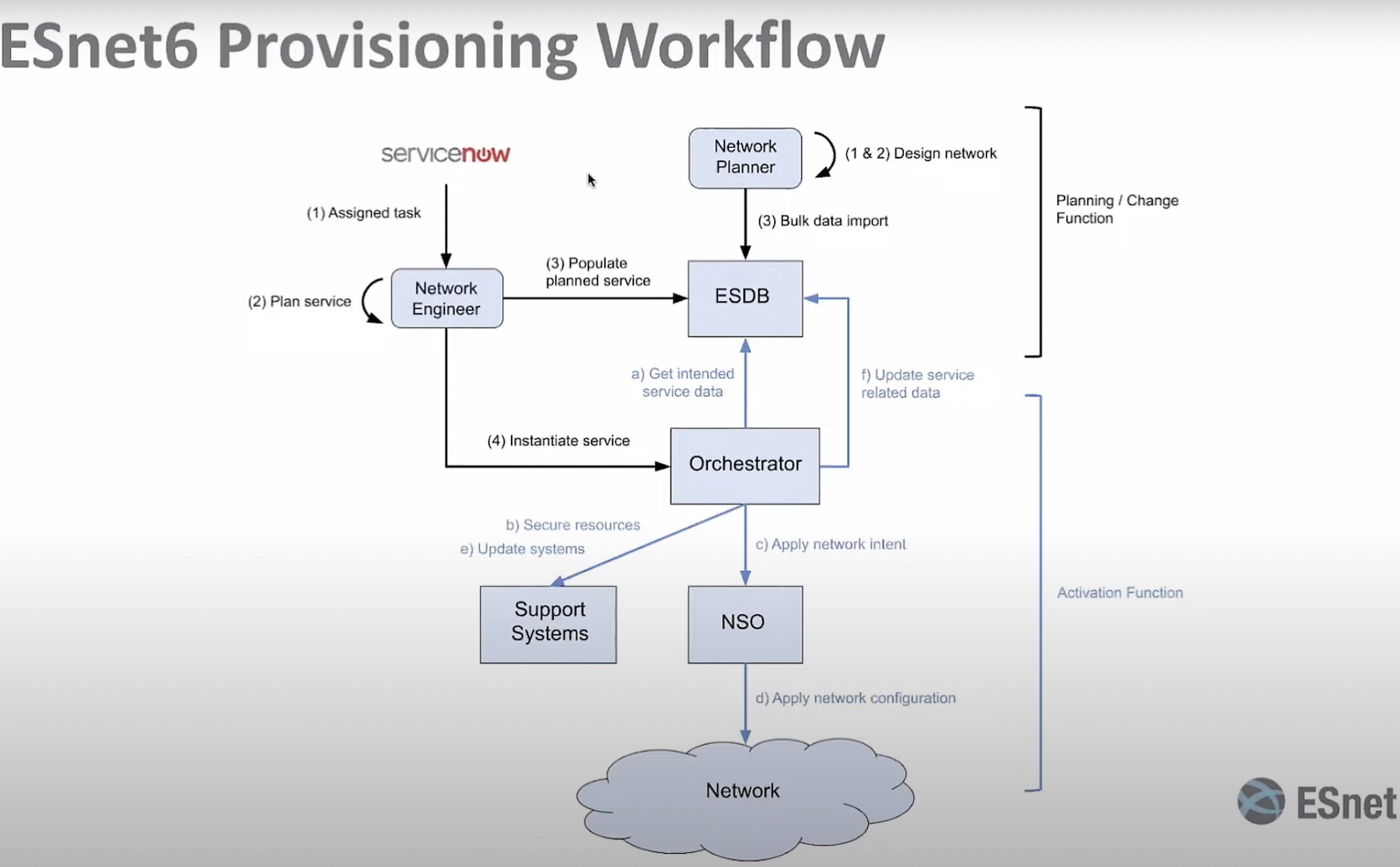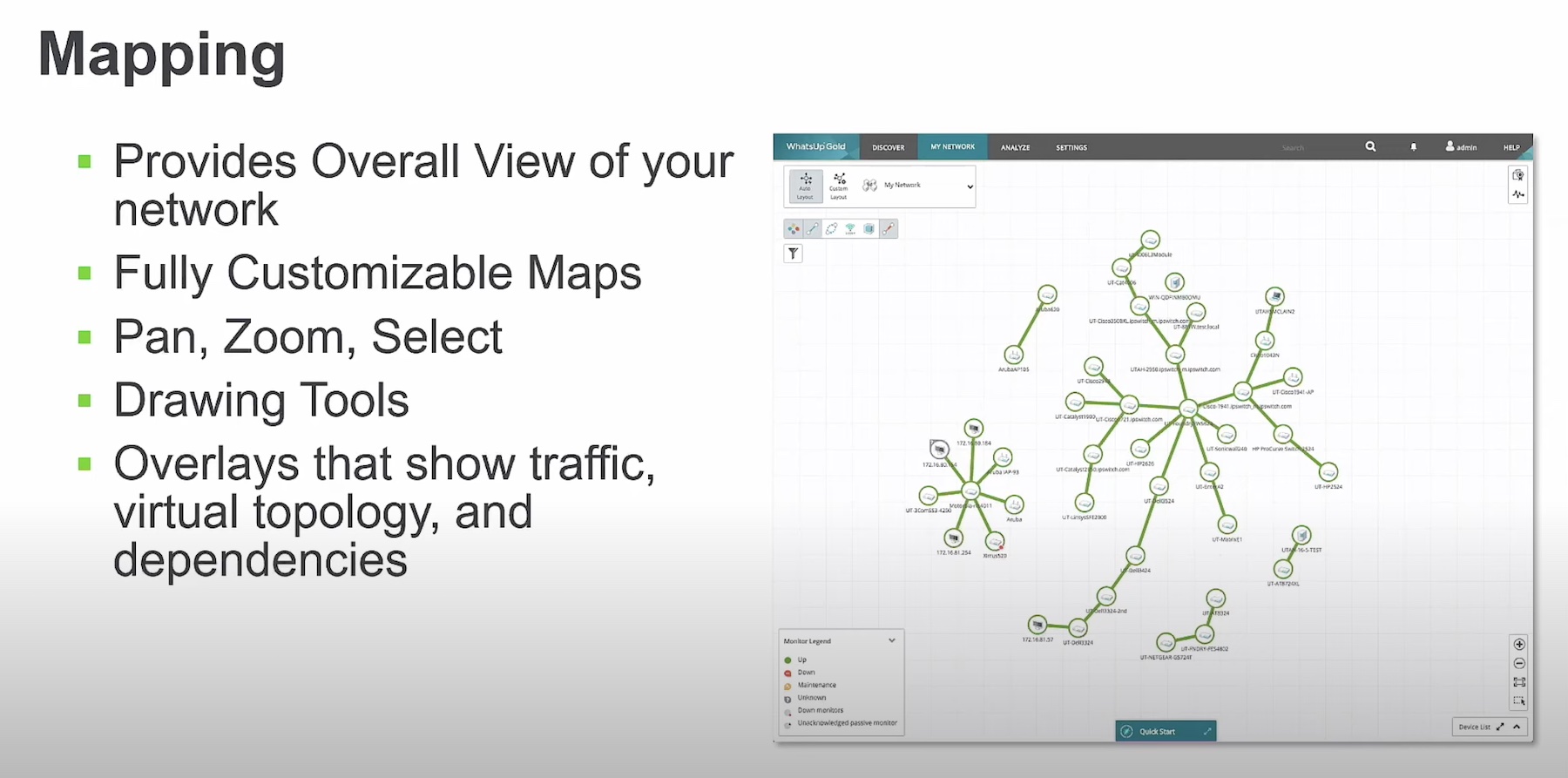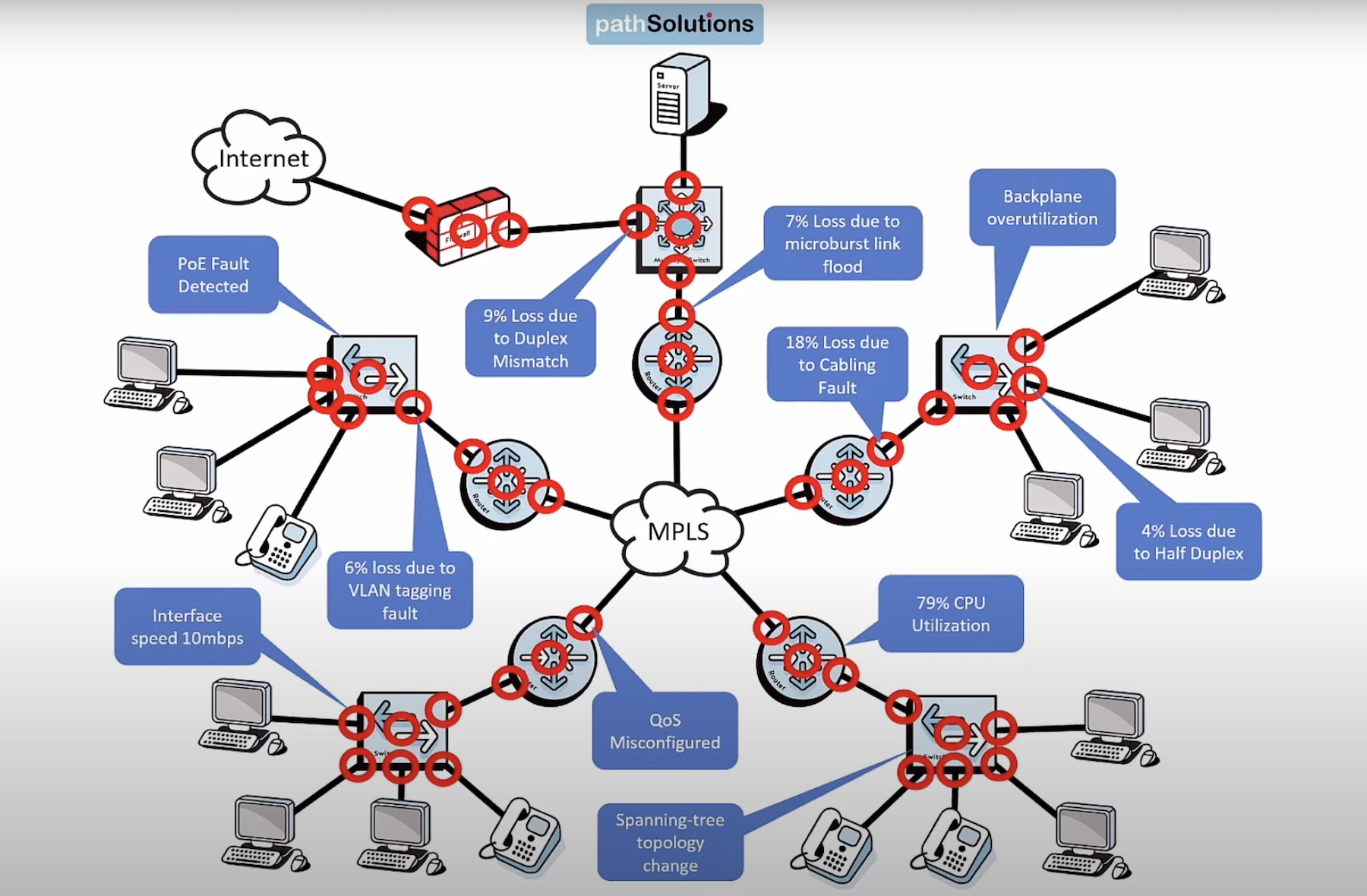If you’ve been following the open networking movement at all, you’ve probably heard that the future role of the network engineer is in question. You can’t go an hour at a conference like ONUG without the topic coming up in conversation. Automation of many common tasks, that current generation network engineers are doing, has left many network engineers concerned that their job won’t exist at all in an environment that embraces automation. And even if the jobs do stick around, the concern is that they will be entirely different than what we know and love today.
Some Are Right To Be Worried
Here is where an honest opinion might hurt a bit. Networking is hard and an expert level understanding of networking protocols doesn’t come without a lot of hard work. Any profession that requires a lot of effort to succeed, and financially compensates those people well, is bound to be a target for those willing to cut corners. I know I’ve run into them and I’m sure that you have as well. These are the engineers that frantically use any command that they know to troubleshoot an issue, regardless of whether or not that command has anything to do with their problem. These are the engineers that immediately resort to rebooting devices in order to fix them. These are the engineers who don’t care to pursue an issue until they determine a root cause, but rather are satisfied that the problem is solved as soon as the tickets stop rolling in.
There isn’t going to be a place for these types of engineers. Our networks are becoming way too important, and becoming way too complicated, to permit this type of management. If a script can do a better job than the person behind the keyboard, they certainly aren’t going to be able to keep up when our networks are changing fast and often. If this is you, you have every reason to be concerned.
There Is Good News
Most network engineers aren’t the type of engineer described above. In fact, most network engineers have had to work through multiple disciplines before being trusted to configure the devices that literally take down everything when a mistake is made. If this is you, you can breathe easy. You’re going to be just fine
The idea that adding a layer of automation to an already complex system is going to remove the need for subject matter experts is patently ridiculous. If you were at the ONUG conference this week, and heard many of the executives and technical experts speak, you would see that they are sharing the same message. The position of network engineer isn’t going anywhere but the days of being able to live in a technology silo are coming to an end.
The need for broadly talented engineers with specializations in a specific infrastructure domain is only going to increase.
Automation will certainly change the way we manage networks but that isn’t necessarily a bad thing. Many of the menial and repetitive tasks should go away as we move towards more intelligent networks, leaving time for the talented technical staff to solve bigger and more interesting issues. And when the inevitable happens, and our tightly coupled systems come crashing down due to some unforeseen condition, the technical expertise of a good network engineer will be even more valuable than it is now.
Final Thoughts
If you are a solid network engineer, with at least a baseline knowledge of how other technology disciplines function, you have nothing to worry about. Your day to day tasks may change as we move forward but those changes will likely be for the better. However, if you have cut corners and have learned your job through memorizing a series of playbooks, I think you have reason to be concerned. The competencies and expectations placed on networking engineering staff are going to exceed what you can offer. The traditional concept of a technologist living in a silo is coming to an end. Understanding how the entire stack works, at least at a basic level, is going to be prerequisite for engineering positions in the future.
Jordan Martin is a Principal Consultant of datacenter technologies based out of eastern Pennsylvania. His blog can be found at http://www.JordanMartin.net/ and followed on Twitter as @BCJordo.
 This post is part of the ONUG Fall 2016 Tech Talk Series. For more information, please see the rest of the series HERE. To register for the Fall 2016 ONUG meeting, please visit http://OpenNetworkingUserGroup.com. Use code “TFD30” to receive 30% off your registration!
This post is part of the ONUG Fall 2016 Tech Talk Series. For more information, please see the rest of the series HERE. To register for the Fall 2016 ONUG meeting, please visit http://OpenNetworkingUserGroup.com. Use code “TFD30” to receive 30% off your registration!





